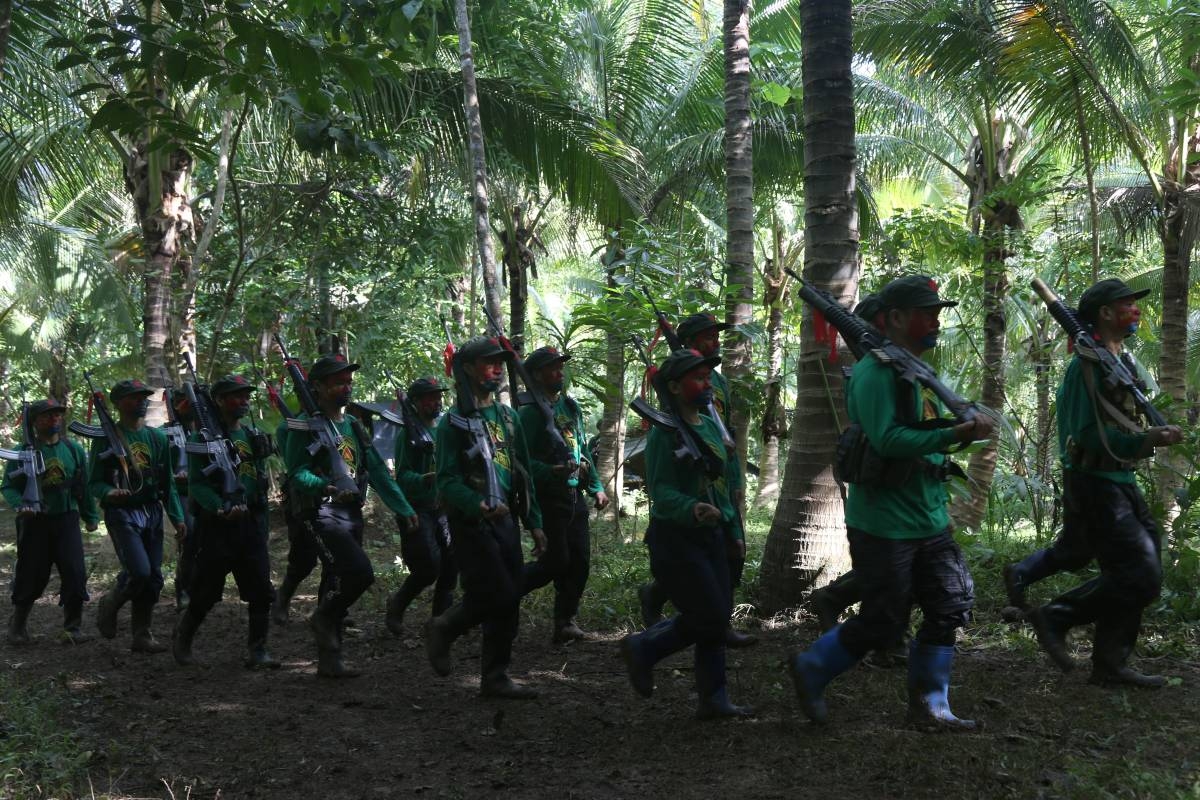MANILA, Philippines: In an effort to put an end to a decades-old insurgency, the Philippine government and communist rebels have announced their agreement to resume peace talks. The joint statement, signed in Oslo on November 23, emphasizes the parties’ commitment to a principled and peaceful resolution of the armed conflict.
The underlying causes of the ongoing armed struggle, which began in 1969, can be traced back to the global communist movement, finding fertile ground in the stark rich-poor divide in the Philippines. At its height in the 1980s, the group boasted approximately 26,000 fighters. However, the military now estimates that their numbers have significantly dwindled to just a few thousand.
Since 1986, successive Philippine administrations have engaged in peace talks with the communists through their Netherlands-based political arm, the National Democratic Front (NDF). The election of former president Rodrigo Duterte in 2016, who declared himself a socialist, initially sparked optimism for the peace negotiations.
Unfortunately, the talks later deteriorated, leading to threats and recriminations. In 2017, Duterte officially cut off the negotiations, declaring the group a terrorist organization and accusing them of killing police and soldiers during the talks. However, in recent years, the government has reported that hundreds of communist rebels have surrendered in exchange for financial assistance and livelihood opportunities.
Despite these efforts, deadly clashes continue to occur in various parts of the country. The Philippines also faces other security challenges, including kidnap-for-ransom groups and Islamist secessionist movements in the southern region.
Resuming peace talks between the government and the communist rebels is a significant step towards finding a lasting solution to the armed conflict. The joint statement acknowledges the deep-rooted socioeconomic and political grievances that have fueled the insurgency and commits to developing a framework that sets the priorities for the peace negotiations.
It is important to contextualize this development to an international audience. The Philippines, like many other countries, has faced its share of internal conflicts. The resumption of peace talks demonstrates the government’s commitment to addressing these challenges through dialogue and negotiation.
By resuming peace talks, the Philippine government aims to address the root causes of the armed conflict and create a more inclusive and equitable society. The process requires careful consideration of local laws, customs, and the unique context of the Philippines. It is an opportunity for both parties to find common ground and work towards a peaceful resolution that benefits all Filipinos.
While the road to lasting peace may be challenging, the resumption of peace talks is a positive step forward. It offers hope for a future where the Philippines can overcome its internal conflicts and focus on building a prosperous and harmonious nation.
As the peace negotiations progress, it is crucial for the international community to support and encourage the efforts of both the Philippine government and the communist rebels. By doing so, we can contribute to the stability and development of the Philippines, fostering a more peaceful and secure region as a whole.
Source: The Manila Times







